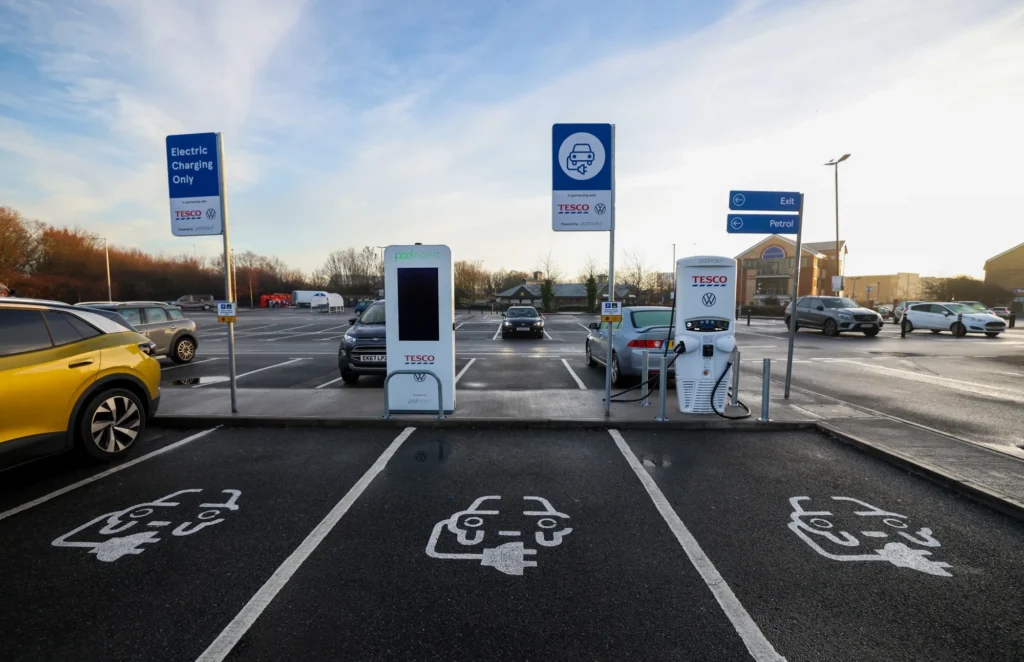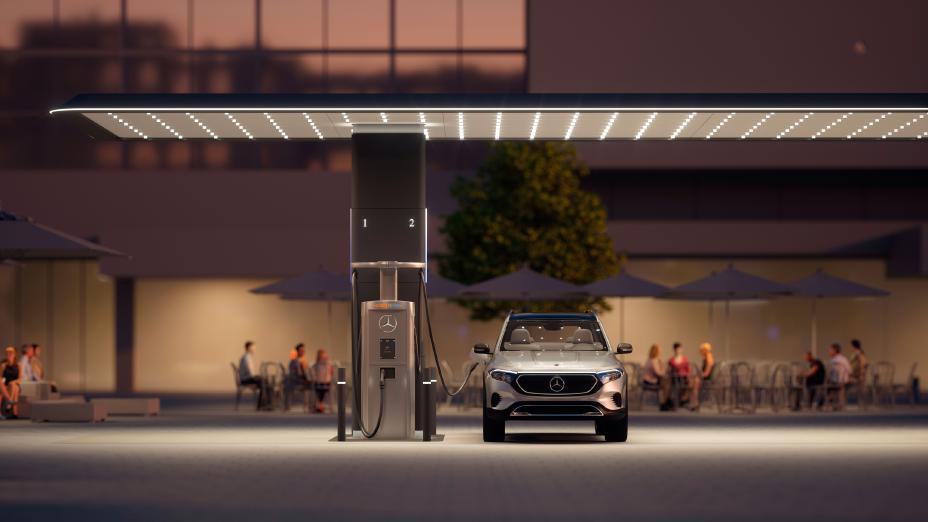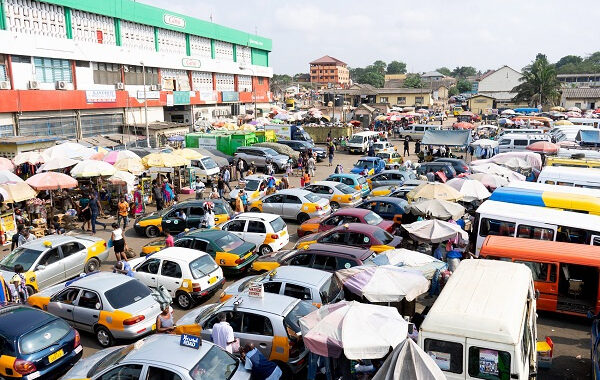Ghana’s government has announced a bold plan to transform fuel stations

The government of Ghana has revealed an ambitious strategy to convert traditional fuel stations into electric vehicle (EV) charging hubs. This announcement, made by the Minister for Energy and Green Transition, Hon. John Abdulai Jinapor, is being hailed as a step toward a cleaner, greener Ghana.
This isn’t Ghana’s first entanglement with the idea of electric vehicles. Back in December 2023, the government launched its National Electric Vehicle Policy, promising to create an enabling environment for EV adoption. The policy outlined a phased approach, aiming for a 35% EV penetration rate by 2035 and a complete ban on new petrol and diesel vehicle imports by 2045. Fast forward to today, and the government is doubling down on its commitment—or so it claims.
Read more: Fuel prices reduced at the pumps
According to Hon. John Abdulai Jinapor, the move to convert traditional fuel stations into electric vehicle (EV) charging hubs forms part of the government’s broader strategies to facilitate Ghana’s transition into clean energy and reduce the country’s reliance on fossil fuels.
During an energy policy forum on Wednesday, March 19, Hon Jinapor outlined the vision for the future of transportation in the country indicating that Ghana must begin preparing for the inevitable shift toward electric vehicles.
Read more: 56 illegal miners arrested at Tarkwa-Nsuaem
According to Hon. Jinapor, Ghanaian roads will soon see an influx of electric cars, with a major transformation expected within the next decade.

He further stated that, “What we are going to do is to convert most of our filling stations and take some space and put in place charging stations. And today with technology, in just five to 10 minutes, you can charge your car and continue to move.”
However, the road to a greener Ghana will be anything but smooth. Whether this initiative will drive us toward a sustainable future or leave us stranded in a sea of unfulfilled promises remains to be seen.

 GRTCC suspends planned ‘August 8’ 20% public transport fare increase
GRTCC suspends planned ‘August 8’ 20% public transport fare increase  State funeral for helicopter crash victims set for August 15 at Black Star Square
State funeral for helicopter crash victims set for August 15 at Black Star Square  Black Queens rank 67th in FIFA ranking despite WAFCON performance
Black Queens rank 67th in FIFA ranking despite WAFCON performance